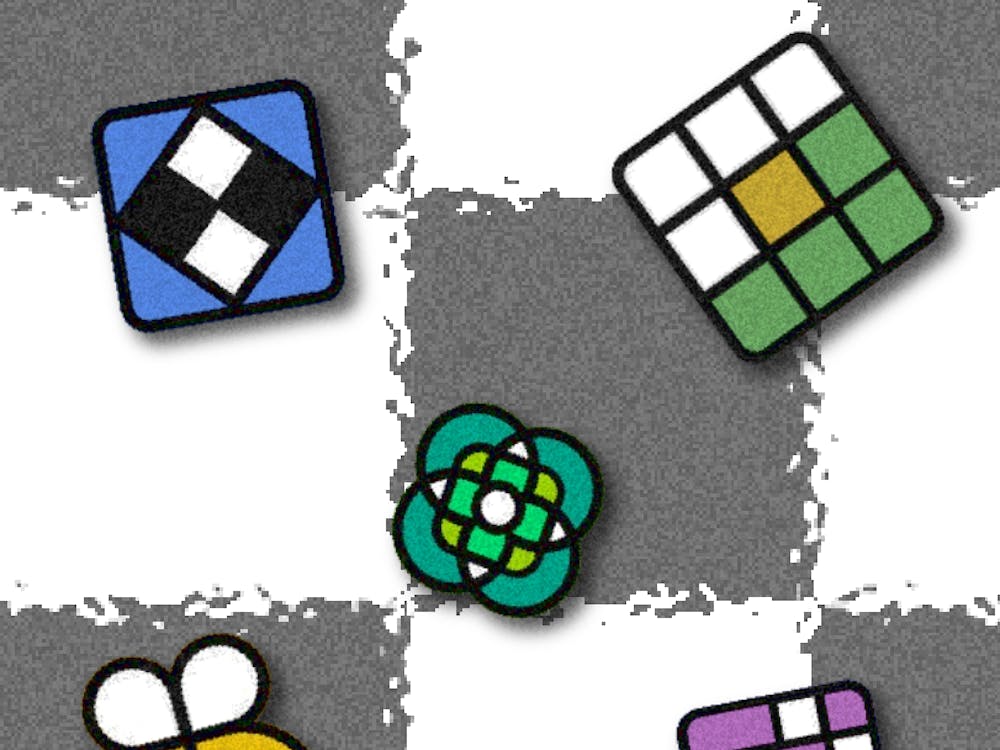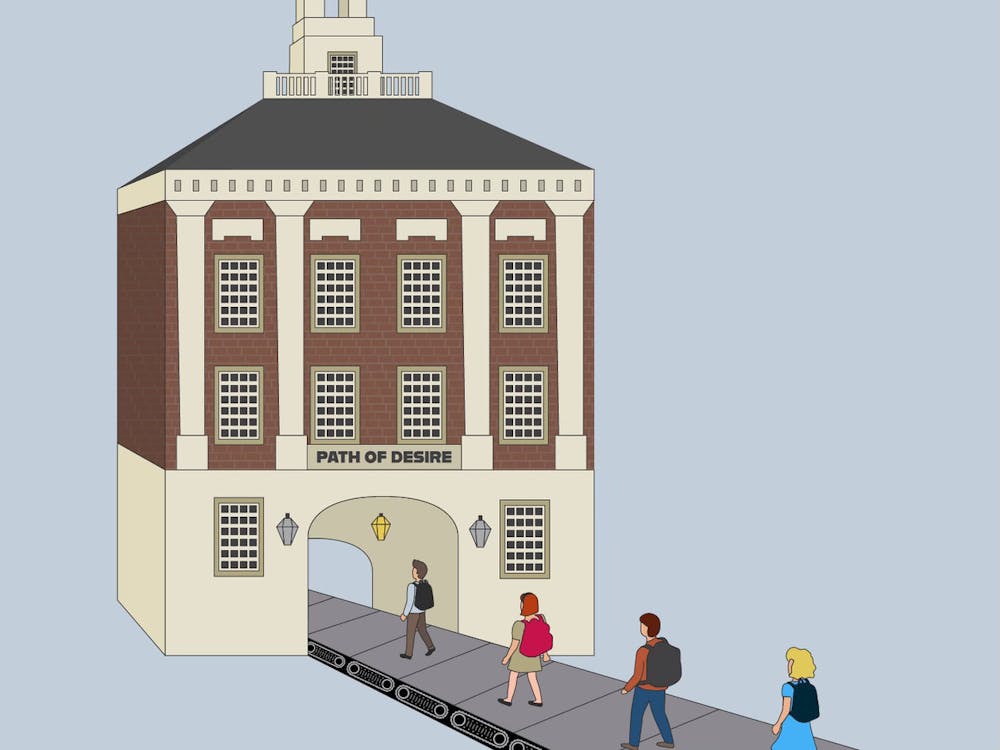A Reluctant Royal
By Gretchen Shelby, For The Miami Student
Nestled among the salt marshes of southern France, guarded by medieval ramparts more than six centuries old and situated near the coast of the Mediterranean Sea, the present-day Principality of Aigues-Mortes is located about 14 miles from Montpellier. The Princely Couple, Sovereign Prince Jean-Pierre IV and his wine-obsessed wife, Princess Olivia, with her bold eyebrows and bright red lipstick, serve as the royalty of the realm with dedication to the happiness of their people.
From a new local currency to elaborate banquets recognizing the achievements of locals, this five and a half year-old micronation is thriving.
In my previous article, I introduced the concept of a micronation. Many Americans often use the terms "nation" and "state" interchangeably, leading to some confusion regarding the issue. While a state is defined as being, "a politically organized body of people usually occupying a definite territory, especially one that is sovereign," defining what a nation is proves to be more challenging.
There are many different ways to define a nation, but put simply, a nation is a group of people who share something in common.
Micronations, like fraternities and sororities, appropriate history to act as a foundation for their new identity, organize a structure of government to manage activities and finances, develop meaningful traditions and rituals and create symbols to represent their shared ideals.
Purchased from the Psalmodie Abbey in the 13th century by King Louis IX of France, the town was developed as Louis' first stronghold on the Mediterranean, and would be used as a port from which Crusade campaigns would be launched in 1248 and 1270. The latter was Louis' final journey, as he suffered and died from dysentery along the shores of Tunis shortly after his arrival. It is at this point in history that the Principality of Aigues-Mortes claims to be born.
According to a local legend, a devoted squire by the name of Pierrot Pichon tended to Louis in his last days. The young man's kindness and compassion had a profound effect on the dying king and, as a gesture of genuine gratitude; Pichon was bestowed with the title Prince of Aigues-Mortes and awarded the keys to the city.
When the modern day residents of the medieval city heard this reimagining of their town's history, they rejoiced, declaring themselves a micronation of antiquated origin.
On June 21, 2010 Pierrot Pitchoun's descendent, Jean-Pierre IV, was made Sovereign-Prince through a successful majority vote of the General Assembly.
The Principality's government considers itself a parliamentary monarchy, meaning the governing powers of the monarchy are constricted by the constitution. The Prince serves as the primary symbol of the micronation, and his responsibilities are limited to the following: internal affairs of the Palace and Princely Guard, appointment and/or dismissal of state officials, ennoblement and micronational assembly.
Enjoy what you're reading?
Signup for our newsletter
He also serves as the Chairman of the Grand Princely Council, also known as the Cabinet of the Prince, sharing the executive power with 10 Grand Counsellors and the Princess. The legislative branch of the Principality's government is the General Assembly, which consists of all Aigues-Mortes citizens, and each motion is passed by a majority vote.
Within the past year, Jean-Pierre has turned his attention to the economic prosperity of the Principality. As a banker in his civilian life, the Prince has shown that it is possible to highlight the local talent of the Principality's artisans and businesses, while also maintaining the realm's humorous and spirited demeanor.
I had the pleasure of listening to a presentation this summer about Aigue-Mortes' plan, and it really is amazing.
Working within the framework of the French government, the Principality is seeking to launch a legal local "sub-currency" called the Flamingo in April 2016. The exchange rate will be 1 Euro/1 Flamingo, with the equivalent of 200,000 Euros in circulation. When used to purchase goods and services within the city, consumers will receive a 5 percent discount.
This economic policy helps to support the growing local culture of the Principality by encouraging tourism and involving the community's businesses to a greater degree.
When it comes to involving and recognizing the citizens of Aigues-Mortes, Princess Olivia knows best. Dressed in her most splendid themed finery, she awards one deserving citizen the Prize of Constance. The award, named after the Tower of Constance, is presented to a citizen who has made a significant contribution to the welfare of the Principality.
The award ceremony for the Prize of Constance takes place during the annual Grand Princely Ball of the Golden Bucket, an extravagant event meant to provide the women of the Principality a night to dress up and feel like princesses themselves.
This year, leaders of other micronations were invited to the ball as distinguished guests in a gesture of mutual recognition. During these State Visits, it is customary among "macronational" Royals to bestow visiting dignitaries with a royal order commemorating the occasion.
The Principality participated in this practice by elevating these micronational dignitaries to the rank of Knight of the Royal Order of the Pink Flamingo.
The pink flamingo is native to Aigues-Mortes and it serves not only as the micronation's official animal, but also as the inspiration for Princess Olivia's dress at the most recent Grand Princely Ball.
This year, the Princely Couple's son, 6 year-old Jean-Rosé - named after his father and his mother's favorite wine - was also in attendance. He participated in the festivities by presenting the visiting female dignitaries with locally crafted bouquets, and, like most royal children, looking insanely adorable in photos.
The humorous culture of the Principality has taken root and is helping to shape the community of Aigues-Mortes by providing its 270 official citizens with entertainment, new traditions, support for local initiative, and the ability to connect with one another on a meaningful level.
Even as a political simulation and a sort of grassroots movement, this micronation exemplifies the positive effects the development of such an organization can have on individuals and their community.




